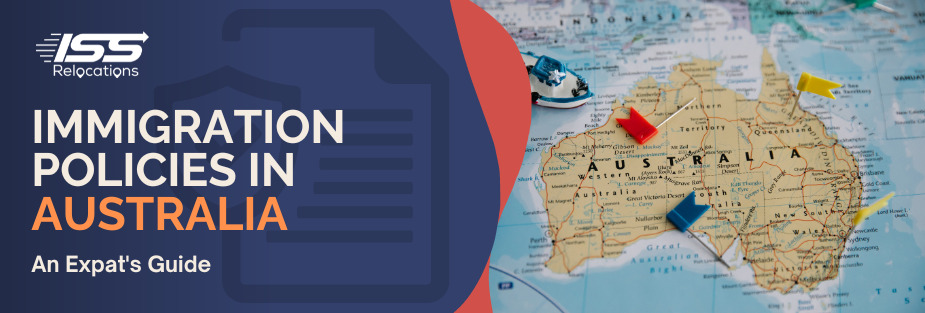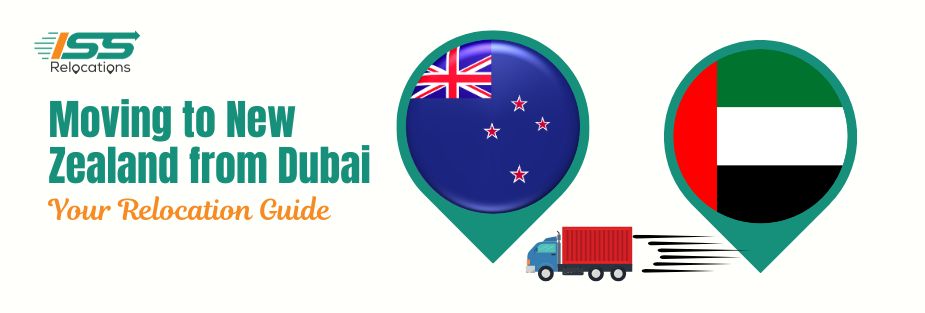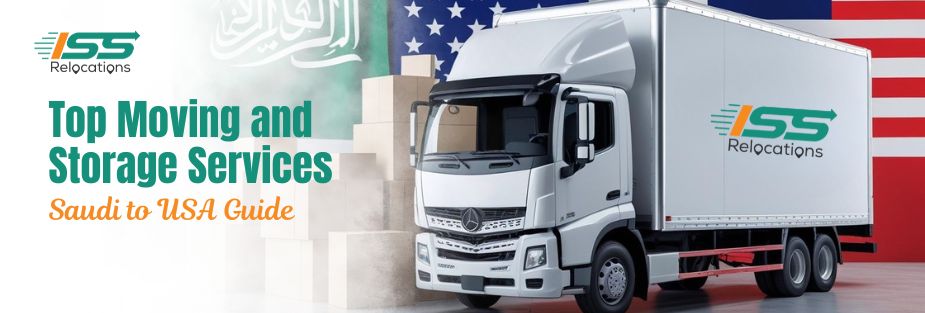
Immigration Policies in Australia – An Expat’s Guide
Australia is a sought-after destination for expats worldwide, known for its stunning landscapes, high quality of life, and vibrant cities. For those considering a move, understanding immigration policies in Australia is crucial. This guide aims to provide comprehensive insights into the various visa options, application processes, and essential information for a successful transition. Whether you’re planning to work, study, or invest in Australia, being well-informed about the immigration policies will ensure a smoother journey.
Immigration Policies in Australia – Types of Visas
Australia offers a wide array of visas tailored to different needs and circumstances. Below are the primary visa categories:
Tourist Visas
Tourist visas allow short-term visits for leisure or business purposes. The most common is the visitor (subclass 651), which permits stays of up to three months.
Working Holiday Visas
Designed for young adults from eligible countries, the Working Holiday Visa (subclass 417) allows individuals to work and travel in Australia for up to one year, with the possibility of extension.
Student Visas
Australia is a popular destination for international students. The Student Visa (subclass 500) allows students to stay in Australia for the duration of their course, with the option to work part-time.
Business and Investment Visas
For entrepreneurs and investors, Australia offers several visa options, such as the Business Innovation and Investment Visa (subclass 188), which encourages business activity and investment in the country.
Each visa type has specific eligibility criteria and conditions, so it’s essential to choose the one that best aligns with your intentions and qualifications.
Immigration Policies in Australia – Visa Application Process
Applying for a visa can be a complex process, but following these steps can help streamline it:
Step-by-Step Guide
Determine Eligibility: Check the requirements for the visa you are interested in, ensuring you meet all criteria.
Gather Documentation: Collect necessary documents, such as identification, proof of funds, health insurance, and any required qualifications or certifications.
Submit Application: Complete the application form online through the Department of Home Affairs website.
Pay Fees: Pay the applicable visa processing fees.
Health and Character Checks: Undergo mandatory health examinations and provide character references.
Wait for Processing: Processing times vary depending on the visa type. Regularly check the status of your application online.
Receive Decision: You will be notified of the decision via email. If approved, follow the instructions provided to finalize your visa.
Important Considerations
Accuracy: Ensure all information provided is accurate and up-to-date.
Documentation: Incomplete or incorrect documentation can lead to delays or rejections.
Deadlines: Adhere to all deadlines for submitting information and responding to requests from the Department of Home Affairs.
Understanding the visa application process is a critical part of navigating immigration policies in Australia. Proper preparation and attention to detail can significantly enhance your chances of a successful application.
Ensure a Smooth Move!
Begin Your Stress-Free Relocation Journey Today – Request A Quote Now!
Working in Australia
Australia’s thriving economy offers numerous employment opportunities, attracting skilled workers from around the globe. Understanding immigration policies in Australia is essential for anyone planning to work in the country. Here are key aspects to consider:
Employment Opportunities
Australia has a high demand for skilled workers in various sectors, including healthcare, engineering, IT, and construction. The Skilled Occupation List (SOL) outlines professions that are in demand, guiding applicants on potential job prospects.
Work Visa Options
Several visas cater to individuals seeking employment in Australia:
Temporary Skill Shortage Visa (subclass 482): Allows employers to address labor shortages by bringing in skilled workers on a temporary basis.
Skilled Independent Visa (subclass 189): For skilled workers who are not sponsored by an employer, state, or family member.
Employer Nomination Scheme (ENS) (subclass 186): Allows skilled workers nominated by their employer to live and work in Australia permanently.
Application Requirements
Work visas typically require proof of skills and qualifications, relevant work experience, and a valid job offer. Some visas, like the Skilled Independent Visa, use a points-based system to assess eligibility based on factors such as age, education, and work experience.
Permanent Residency and Citizenship
Achieving permanent residency in Australia is a significant milestone for many immigrants, providing numerous benefits and a pathway to citizenship. Understanding immigration policies in Australia is crucial for navigating this process.
Pathways to Permanent Residency
Several visa options lead to permanent residency:
General Skilled Migration (GSM): Includes visas like the Skilled Independent Visa (subclass 189) and the Skilled Nominated Visa (subclass 190).
Family Stream Visas: For those sponsored by a family member who is an Australian citizen or permanent resident.
Employer-Sponsored Visas: Such as the Employer Nomination Scheme (ENS) (subclass 186).
Benefits of Permanent Residency
Permanent residents enjoy various benefits, including:
- The right to live and work anywhere in Australia.
- Access to Australia’s public healthcare system (Medicare).
- The ability to sponsor eligible family members for permanent residency.
Citizenship Requirements
After living in Australia for a certain period as a permanent resident, individuals may apply for citizenship. Requirements include:
- Being a permanent resident for at least 12 months.
- Having lived in Australia for at least four years.
- Passing a citizenship test that assesses knowledge of Australian values, history, and culture.
Living in Australia
Australia is renowned for its high quality of life, diverse culture, and welcoming environment. Understanding immigration policies in Australia will help ensure a smooth transition for new residents.
Lifestyle and Culture
Australia offers a relaxed lifestyle with a strong emphasis on outdoor activities. Its multicultural society means new immigrants can find communities and support networks from their home countries.
Cost of Living
The cost of living varies across Australia, with major cities like Sydney and Melbourne being more expensive than regional areas. It’s essential to budget for housing, utilities, transportation, and other living expenses.
Education and Healthcare
Australia boasts a world-class education system, from primary schools to universities. Public healthcare is accessible to permanent residents and citizens through Medicare, providing comprehensive medical services at little or no cost.
Social Benefits
Permanent residents have access to social benefits such as unemployment assistance, family tax benefits, and childcare support, helping them settle and integrate into Australian society.
By understanding immigration policies in Australia and preparing accordingly, new immigrants can enjoy a fulfilling and prosperous life in this vibrant country.
Challenges and Considerations
While Australia offers numerous benefits for immigrants, there are challenges to be aware of. Understanding immigration policies in Australia will help in navigating these potential obstacles.
High Cost of Living
Major cities like Sydney and Melbourne have high living costs, particularly for housing. Budgeting effectively and exploring more affordable regional areas can help manage expenses.
Cultural Adjustments
Adjusting to a new culture can be challenging. Australia’s multicultural environment, however, offers support and community networks for various cultural backgrounds.
Environmental Factors
Australia’s climate can vary greatly. New immigrants should be prepared for different weather conditions, from tropical in the north to temperate in the south. Understanding local environmental factors, such as bushfire risks, is also important.
Legal and Regulatory Understanding
Adapting to Australian laws and regulations is crucial. This includes understanding local customs, road rules, and employment laws to ensure a smooth transition.
Resources and Support
Access to the right resources and support networks is essential for a successful move. Knowing immigration policies in Australia and utilizing available resources can make the process easier.
Government Resources
The Australian Government Department of Home Affairs website provides comprehensive information on visa requirements, application processes, and immigration updates. Other useful sites include the Australian Taxation Office (ATO) and local state government portals.
Community Organizations
Various community organizations offer support to new immigrants, including settlement services, language classes, and cultural integration programs. These groups can provide valuable assistance and networking opportunities.
Professional Assistance
Engaging professional services, such as immigration consultants and relocation companies, can streamline the process. ISS Relocations, for example, offers expert guidance and support to ensure a smooth transition to Australia.
Wrapping Up
Navigating immigration policies in Australia is a critical step for anyone considering a move to this vibrant country. Understanding visa options, application processes, and the benefits of permanent residency will help in making informed decisions. By preparing adequately and utilizing available resources, new immigrants can look forward to a fulfilling life in Australia. For comprehensive support, consider partnering with ISS Relocations, a trusted ally in making your Australian dream a reality.
Also, check our other related posts:
Plan Stress-free Move with Top Moving Company in UAE - ISS Relocations

Frequently Asked Questions
What are the new immigration rules for Australia in 2024?
The 2024 immigration rules include updates to skilled migration programs, family reunion policies, and employer-sponsored visas. ISS Relocations stays updated on immigration policies in Australia, providing expert support to make your relocation hassle-free.
What is the new migration policy in Australia?
Australia’s new migration policy emphasizes attracting skilled workers and addressing regional labor shortages. ISS Relocations simplifies the process by offering visa assistance and comprehensive relocation services tailored to meet the latest immigration policies in Australia.
Is Australia still accepting immigrants?
Yes, Australia continues to welcome immigrants through skilled migration, family reunification, and humanitarian programs. ISS Relocations provides expert services to help individuals navigate immigration policies in Australia and successfully relocate.
Does Australia have a strict immigration policy?
While Australia’s immigration policies are thorough, they are designed to balance economic needs and population growth. ISS Relocations ensures a smooth relocation experience by guiding you through the complexities of immigration policies in Australia.
What are the immigration laws for Australia?
Immigration laws in Australia cover visas, work permits, and residency requirements. ISS Relocations offers detailed support in understanding these laws, ensuring your move complies with Australia’s immigration policies.
What does immigration mean in Australia?
Immigration in Australia refers to the process of relocating to the country for work, study, or family reunion purposes. ISS Relocations helps you navigate immigration policies in Australia with ease, providing expert relocation services.
Can I move to Australia without a job?
Yes, you can move to Australia without a job through options like student visas, family reunification, or investment visas. ISS Relocations provides comprehensive support to ensure your relocation aligns with Australia’s immigration policies.
Moving Company - Recent Blog
Stay informed and prepared for your next move with our latest blogs on moving services in the UAE. From expert packing tips to international relocation guides, ISS Relocations brings you up-to-date insights to make your moving experience smoother, safer, and stress-free.










